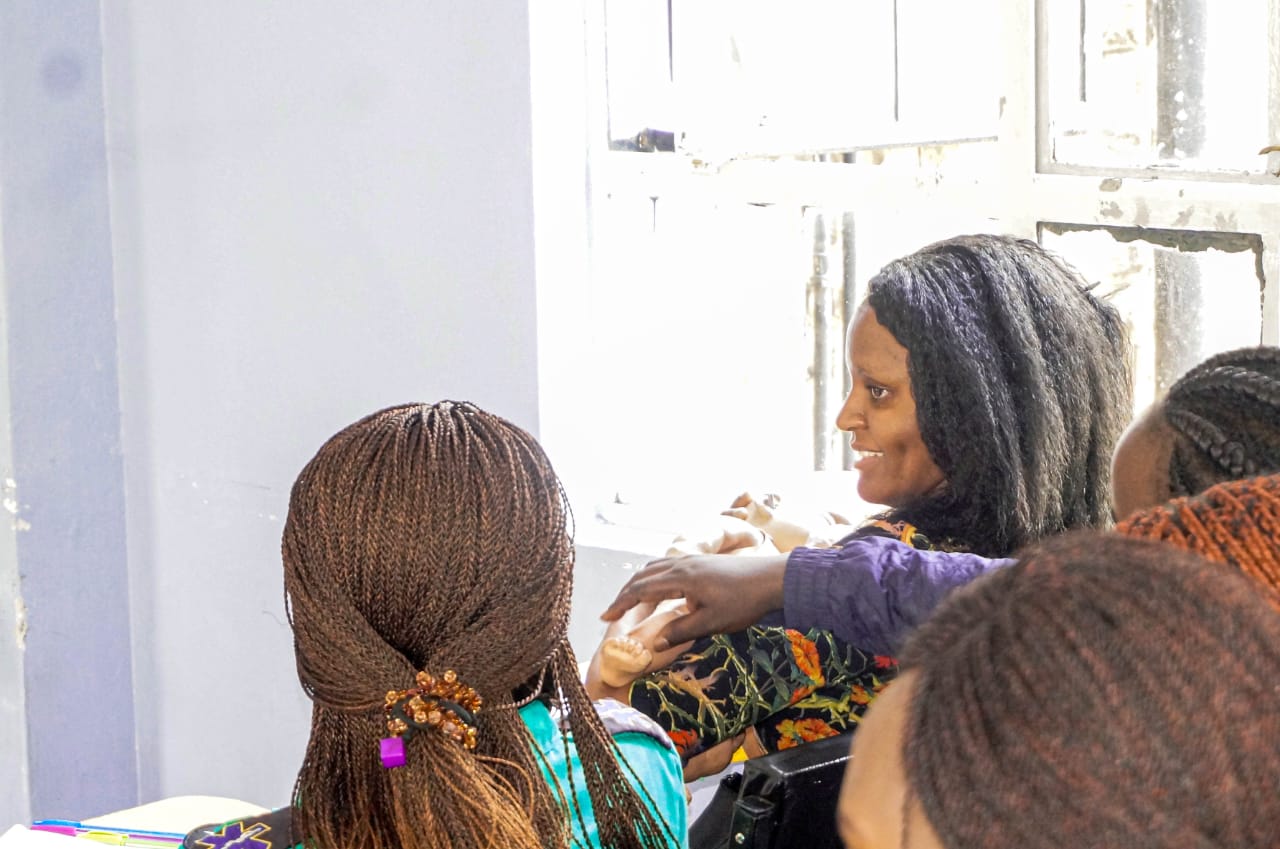- 0-4 months-need a 16-18 hours of sleep
- 4-12 months-need 12-16 hours of sleep
- 1-2 years- need 11-14 hours of sleep
- 3-5 years need 10-13 hours of sleep
- 6-12 years need 9-12 hours of sleep
- Develop a routine- I literally drew a timetable indicating various activities and time within 24 hours. Why is routine important? Your baby learns what to do next automatically. For instance, I preferred the evening sun basking between 4:00-530 pm. This time I would play with the baby to keep her busy. You can breastfeed as you bask. Then she would take a bath followed by massage, then breastfeeding and by 6:30 pm she would fall asleep. She would sleep up to 8:00 pm. I would then wake her up even if she was sleepy and then breastfeed her to her full and play a little with her. She would then go back to sleep at 10:00pm. We would sleep together for four full hours. Then breastfeed feed then go back to sleep for 3 hours and the cycle continued. At least I will have a minimum of 7 hours sleep. Good enough for my sanity. The first three days are hard because the baby is still learning the schedule. Within a week your baby will be on board.
- Keep the baby active during the day- You need to show your baby that day time is for activity. Let the baby experience light, noise during the day and different activities as you carry on with your activities. I had these three colorful balloons that she would keep staring at. Tickle her a bit for some laughter. Dress her a little light so that she is not soothed by warmth to sleep. Remove those socks and play with her fingers. Have some tummy time Within two hours your baby may need to nap. Allow the baby to nap but for a limited number of hours. Do not let your baby sleep for 3-4 hours during the day. Wake her up and interact with her. Don’t worry, these sleeping hours will be compensated at night while you both sleep.
- Be boring at night-Let the environment be quiet, a little dark and less active. Be calmer and avoid bright light from the bulbs and even tv screens. . Bright lights or screens inhibit the production of melatonin, which is the sleeping hormone. Your baby will start yawning indicating they are ready to sleep.
- Breastfeed before bed time- breastfeeding soothes the baby. It also ensures that the baby is fully fed before the sleep. There is magic in mother’s milk in the evening as it contains higher levels of tryptophan which aids the body in producing melatonin (the sleeping hormone). If you are exclusively breastfeeding, this will naturally aid your baby. If you are breastfeeding and supplementing with formula, consider making it a habit to nurse as your pre-bedtime feeding session.
- Sunlight exposure- Sun as great source of vitamin D and also light that your baby will help differentiate night and day. Studies have shown that babies that get sunlight exposure sleep better at night. Ensure you baby has plenty of that.

